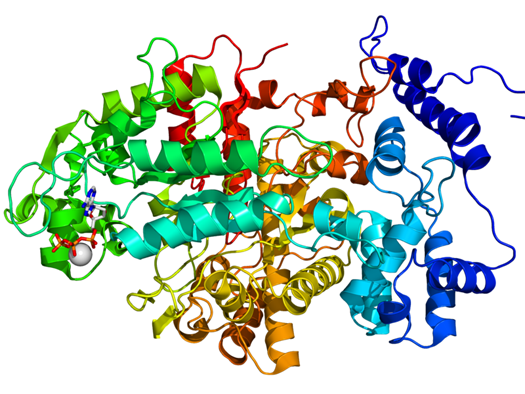Princeton Researchers Construct Wholly Artificial Proteins That Can Sustain Cell Life
In a breakthrough that’s sure to stir up some controversy, Princeton researchers have reported that they have for the first...

In a breakthrough that’s sure to stir up some controversy, Princeton researchers have reported that they have for the first time created artificial proteins from scratch in the lab that have enabled the growth of living cells. To achieve this, they created genetic sequences never seen in nature and produced completely synthetic proteins that were not modeled on living examples. They then inserted them into living bacteria, many of which thrived with their synthetic molecular machines.
For synthetic biology as a field, the ability to create components of life like proteins in the lab from a completely artificial genome is a big step, and one that ostensibly brings the field closer to fabricating life. As such, the achievement is sure to draw ire from the side of the “playing god” argument that sees such forays into the inner workings of life as dangerous.
Professor of Chemistry Michael Hecht and his team describe in a paper how they set about creating their synthetic proteins. They first created about 1 million amino acid sequences that would reliably fold into stable 3-D structures. After creating this new database of artificially sequenced proteins they inserted some of them into bacteria in which they had deleted certain natural genes necessary for survival under their controlled lab conditions.
Under these stressful conditions, which included a limited supply of food, the control bacteria perished. But the ones that received novel proteins from the artificial collection grew into bacterial colonies, suggesting the artificial proteins have the ability to facilitate the growth of living cells almost as readily as their natural counterparts.
That’s a pretty big deal, considering the researchers say the proteins bear no resemblance to proteins found in nature. When J. Craig Venter and company announced they had created a “synthetic cell” last year, the achievement was downplayed by critics saying they had simply recreated a natural genome on a computer and created their cell from this natural blueprint.
If the Princeton proteins prove as handy at facilitating living cell growth as the paper suggests, it indicates that construction of wholly artificial genomes capable of sustaining life might not only feasible, but not so very far away – which is both mind-blowing and somewhat terrifying at the same time.